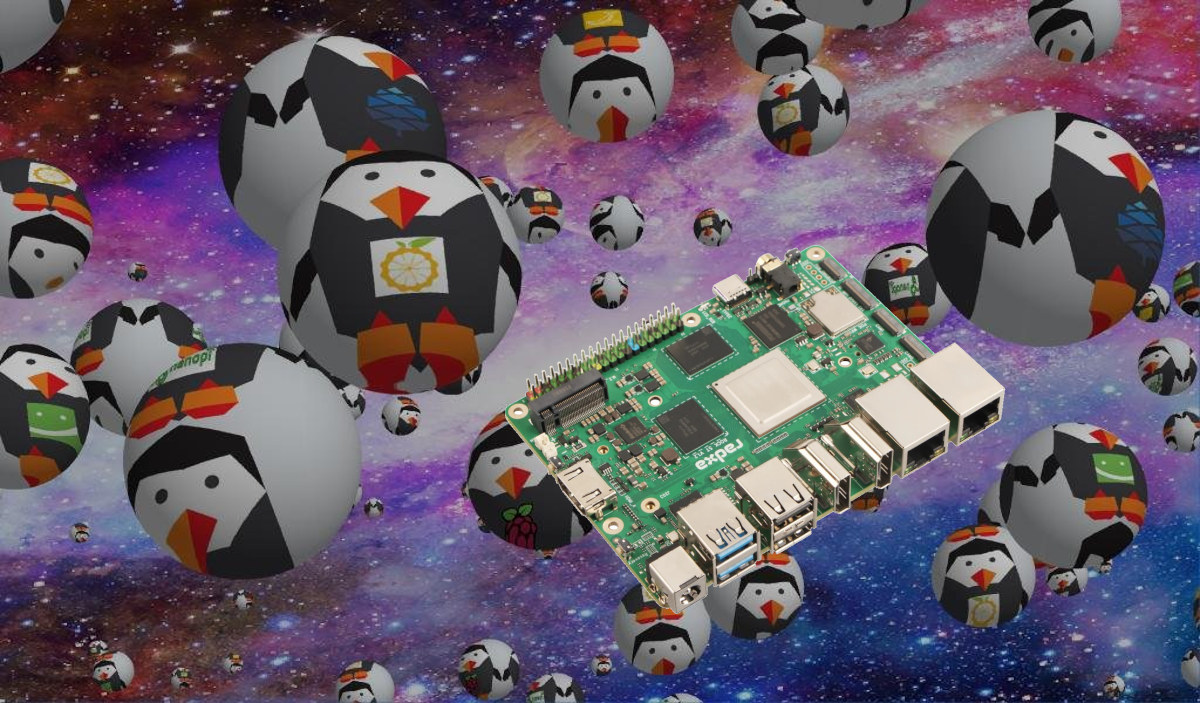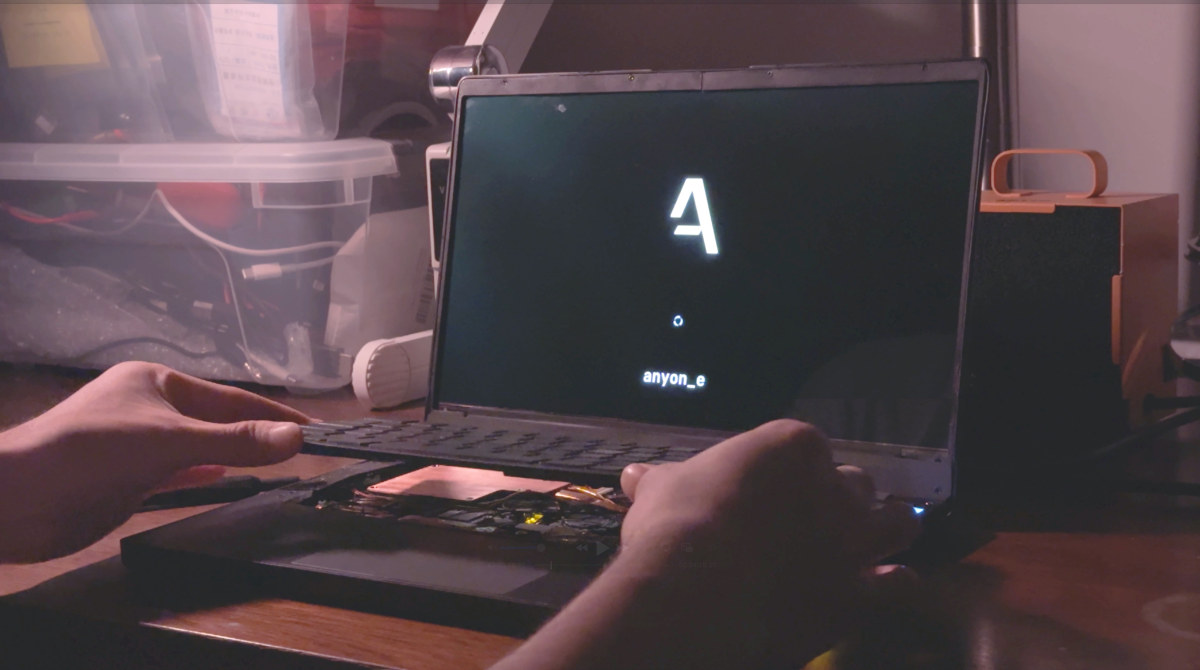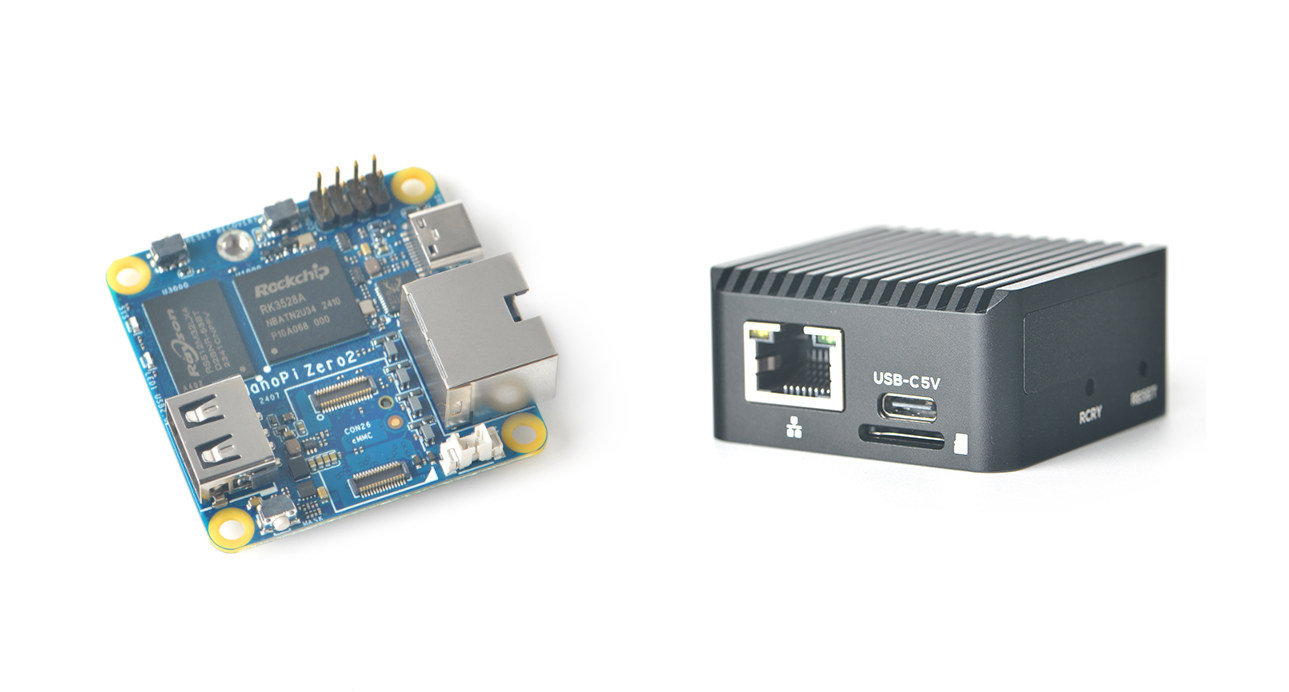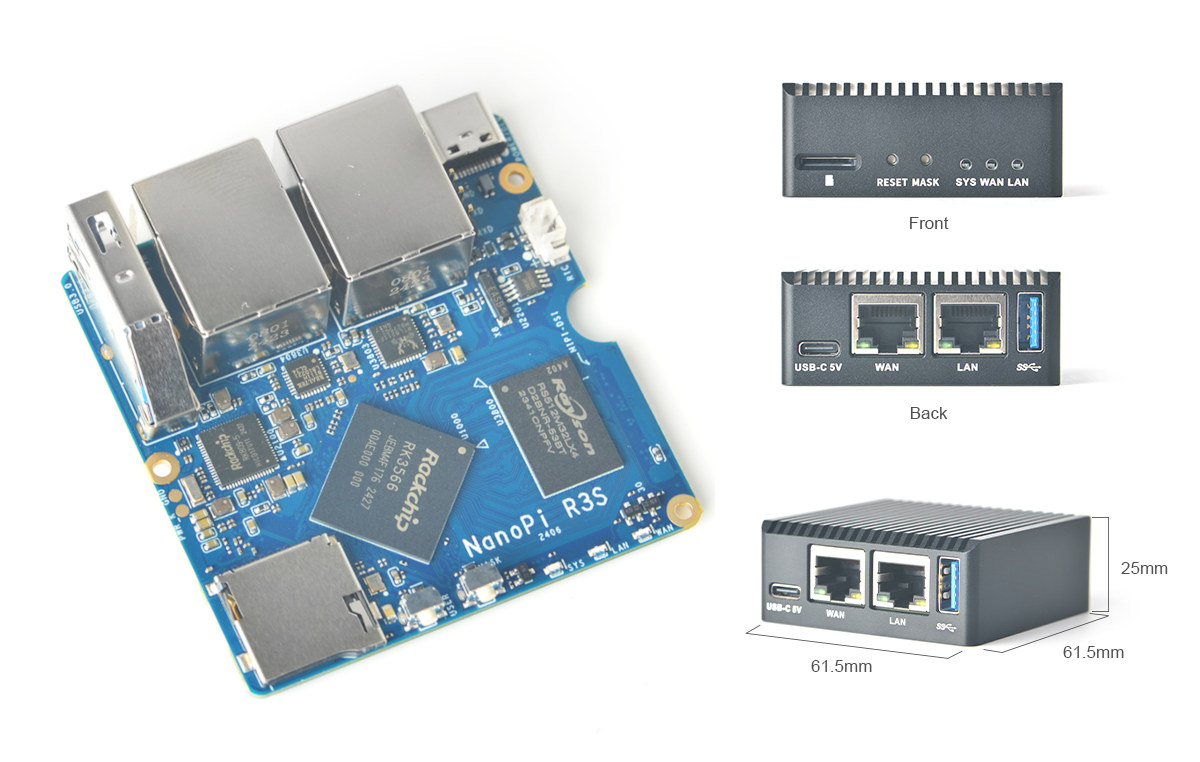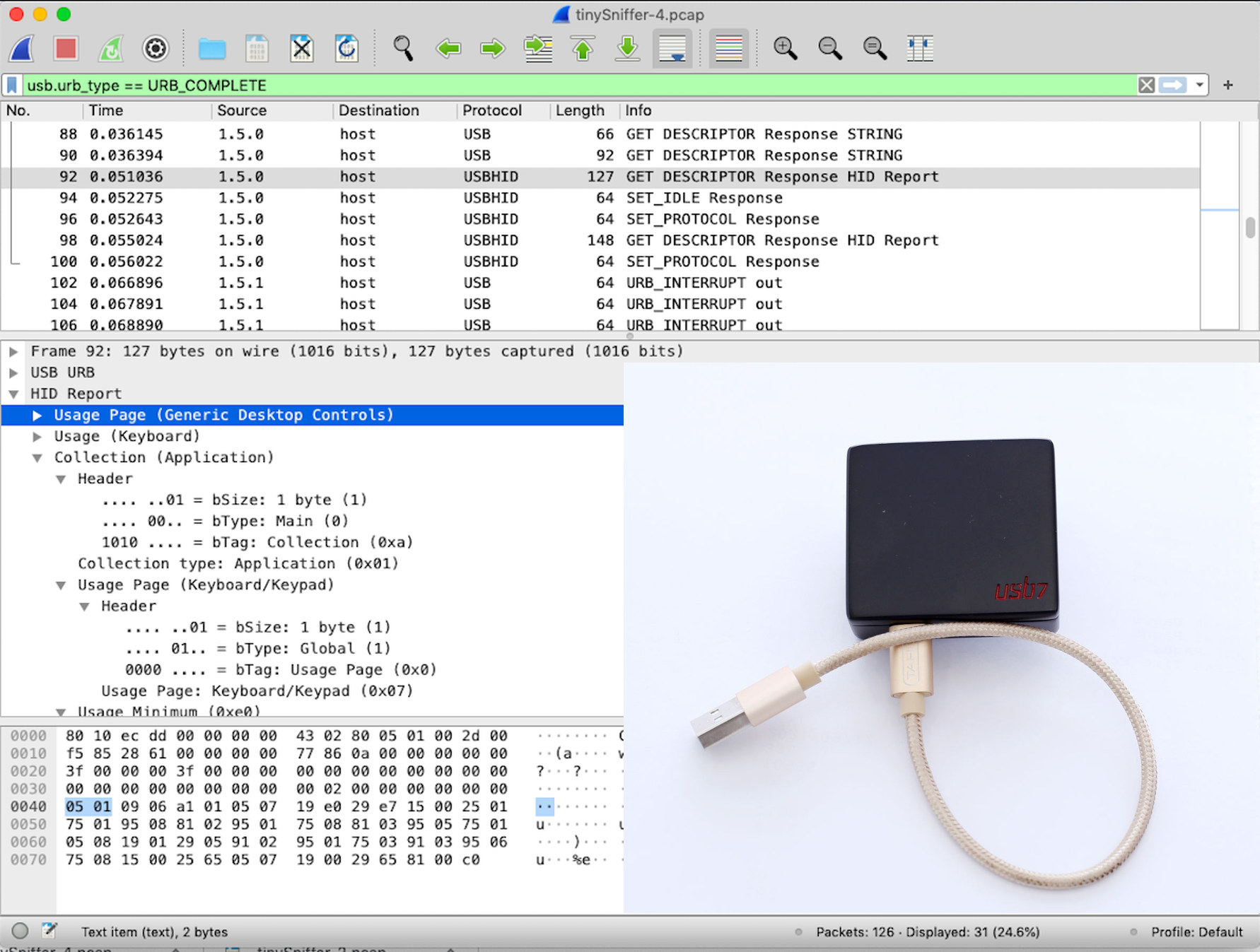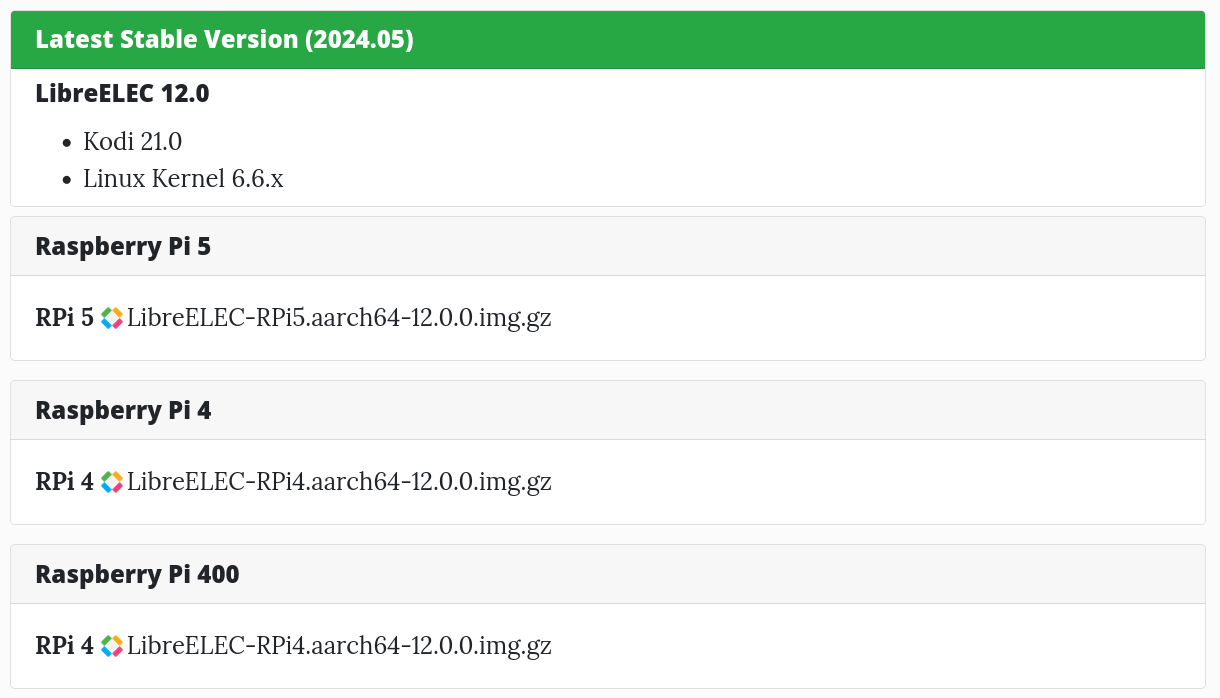Vendor-provided Linux images for single board computers are not always working optimally, so this post is a regular reminder that users may want to check out Armbian and DietPi projects mostly supported by the community but also backed by some of the vendors who offload some (repackaging) software work to them. Armbian and DietPi are separate projects, but this month, Armbian v25.2 and DietPi v9.11 were almost released simultaneously. I don’t report on each release (should I?), but they release an update every few months. The last time we had a look at both projects was in September 2024 for the releases of DietPi 9.7 and Armbian 24.8. Let’s see what the new releases have to bring. Armbian v25.2 Main changes: New Boards – Rock 2A and 2F, NanoPi R3S, Retroid Pocket RP5, RPMini, Rock 5T, GenBook, MKS-PI, SKIPR, Armsom CM5, NextThing C.H.I.P, Magicsee C400 Plus Rockchip 3588 Improvements – […]
anyon_e DIY laptop features Rockchip RK3588 SoC, 13.3-inch 4K AMOLED display, aluminum chassis
We’ve already seen several Rockchip RK3588 laptops with the Cool Pi laptop and GenBook RK3588, as well as the open-source hardware MNT Reform Next. anyon_e is another open-source DIY laptop based on Rockchip RK3588 octa-core Cortex-A76/A55 SoC but with higher-end specifications compared to competitors. The anyon_e features a 13.3-inch 4K AMOLED display, a wireless QWERTY mechanical keyboard, a custom aluminum chassis that keeps the thickness of the laptop to just 18mm, and a battery good for about 7 hours. It’s based on the FriendlyELEC CM3588 core board found in the CM3588 NAS Kit. anyon_e laptop (preliminary) specifications: SoM – FriendlyELEC CM3588 SoC – Rockchip RK3588 CPU – 4x CortexA76 cores @ up to 2.4 GHz, 4x CortexA55 core @ 1.8 GHz GPU – Arm Mali-G610 MP4 GPU Video decoder – 8Kp60 H.265, VP9, AVS2, 8Kp30 H.264 AVC/MVC, 4Kp60 AV1, 1080p60 MPEG-2/-1, VC-1, VP8 Video encoder – 8Kp30 H.265/H.264 video encoder […]
NanoPi Zero2 is a tiny headless Arm Linux computer with Gigabit Ethernet, a USB port, and an M.2 Key-E socket for WiFi
FriendlyELEC NanoPi Zero2 is one of the world’s smallest Arm Linux computers with the 45x45mm board featuring a Rockchip RK3528A quad-core Cortex-A53 processor, up to 2GB RAM, microSD and eMMC flash module sockets for storage, a Gigabit Ethernet RJ45 jack, an M.2 socket for WiFi, a USB Type-A port, and a 30-pin GPIO FPC connector for expansion. When I went to find more information about the earlier NanoPi Zero, I quickly realized… it did not exist, and the closest thing we have is the ZeroPi released in 2019 with an Allwinner H3 Cortex-A7 processor and an even smaller 40x40mm form factor. The NanoPi Zero2 comes with a 64-bit processor, more memory, and optional support for an M.2 WiFi module among other improvements. It’s designed for headless applications since there’s no video output/display interface. NanoPi Zero2 specifications: SoC – Rockchip RK3528A CPU – Quad-core ARM Cortex-A53 @ 2.0 GHz GPU – […]
NanoPi R3S – A low-cost Rockchip RK3566 SBC and dual gigabit Ethernet router
FriendlyELEC NanoPi R3S is a low-cost Rockchip RK3566 SBC and router with two gigabit Ethernet ports, a USB 3.0 host ports, a USB-C port for power and data, a microSD card slot, Reset and Mask buttons, and a few LEDs. It also features a MIPI DSI connector for people wanting to connect a display. Its design and size are similar to the NanoPi R5C dual 2.5GbE SBC and router, so it could be viewed as a low-cost alternative with dual GbE, no M.2 socket for WiFi & Bluetooth, only one USB 3.0 port, and no HDMI video output. The company promotes it as an inexpensive platform for IoT applications, basic NAS solutions, and so on. NanoPi R3S specifications: SoC – Rockchip RK3566 CPU – Quad-core Cortex-A55 processor @ up to 2.0 GHz GPU – Arm Mali-G52 MP2 GPU NPU – 0.8 TOPS AI accelerator VPU 4Kp60 H.265/H.264/VP9 video decoder 1080p60 […]
NanoPi M6 – A Rockchip RK3588S SBC and fanless HMI solution with an integrated 3.5-inch touchscreen display
NanoPi M6 is a Rockchip RK3588S SBC (single board computer) that is also offered as a complete fanless HMI solution with a metal case and a 3.5-inch capacitive touchscreen display with 800×480 resolution. The M6 is offered with 4GB to 32GB LPDDR5 memory, supports microSD, eMMC flash module, and M.2 NVMe SSD bootable storage, features one HDMI 2.1 port, two MIPI DSI connectors, two MIPI CSI camera connectors, gigabit Ethernet, an M.2 E-Key socket for WiFi and Bluetooth, and a 30-pin GPIO header for expansion among a few other ports and features. NanoPi M6 specifications: SoC – Rockchip RK3588S CPU – Octa-core processor with 4x Cortex-A76 cores @ up to 2.4 GHz, 4x Cortex-A55 cores @ up to 1.8 GHz GPU – Arm Mali-G610 MP4 GPU compatible with OpenGL ES 3.2, OpenCL 2.2, and Vulkan 1.2 APIs VPU – 8Kp60 video decoder for H.265/AVS2/VP9/H.264/AV1 codecs, 8Kp30 H.265/H.264 video encoder AI […]
tinySniffer WiFi-connected USB sniffer is based on NanoPi NEO Air SBC
TinySniffer is a USB sniffer based on the Allwinner H3-powered NanoPi Neo Air SBC, designed to capture USB 1.x and 2.0 packets remotely, and whose captured data is compatible with the popular Wireshark packet analyzer tool. Wireshark can already be used to capture USB packets on its own and I reverse-engineered a USB capture video solution that way in the past, but this method has some limitations, for instance, it does not capture some low-level USB packets, in which case a hardware USB sniffer like Total Phase Beagle USB, the PhyWhisperer USB, or the tinySniffer is required. The micro USB OTG port of the NanoPi NEO Air SBC is connected to the host computer and the company added a USB 2.0 Type-A port connected to the USB interface on the GPIO header to connect a device under test such as a USB keyboard, a USB Ethernet dongle, a USB printer, […]
SBC software news – Armbian 24.5.1, DietPi 9.4, and Otii server for the Raspberry Pi 4/5
There’s been some notable software news for single board computers (SBCs) in the last few weeks with the release of Armbian 24.5.1 Havier with a focus on stability and UX improvement, the release of DietPi 9.4 lightweight Debian distritions for SBCs, and Otii server, the software for Qoitech Arc power supply, meter, and DAQ, has been finally released for the Raspberry Pi 4/5. Armbian 24.5.1 Havier Armbian announced 24.5.1 Havier on May 25 with bug fixes and improvements as a point release, but also some new boards. Here are some of the highlights. New boards Orange Pi 5 Pro FriendlyElec CM3588 NAS board Radxa ROCK 5 ITX Radxa Zero 3E/3W Avaota A1 SBC SK-AM68 board tqma8mpxl board CSC Hinlink H6xk boards RK3588-based Cool Pi CM5 EVB Improve Khadas support Resolve Rockchip patch maintenance nightmare Add functionality to freeze git resources Improve support for Radxa Rock S 0 and test USB […]
LibreELEC 12 released with Kodi 21, 64-bit Arm support for Raspberry Pi 4/5, and platforms
As one should have expected after the Kodi 21 “Omega” release last month, the LibreELEC 12 lightweight Linux media center distribution is now out with many devices updated to 64-bit, including the Rasberry Pi 4 and 5 SBCs. LibreELEC 11 was released last year based on Kodi 20 “Nexus” and bringing back support for Amlogic devices. LibreELEC 12 builds on that and benefits from the new features added to Kodi 21 such as FFmpeg 6 and works on Arm platforms based on Allwinner, Amlogic, Broadcom (Raspberry Pi), and Rockchip processors, as well as generic x86 computers. It’s an easy option to create a dedicated HTPC based on a range of hardware with all the features brought by Kodi 21 media center. Since so many platforms are supported there are always some limitations for each and known problems: Raspberry Pi – 50/60fps H.264 HW decoding may need force_turbo=1 or core_freq_min=500 in […]


